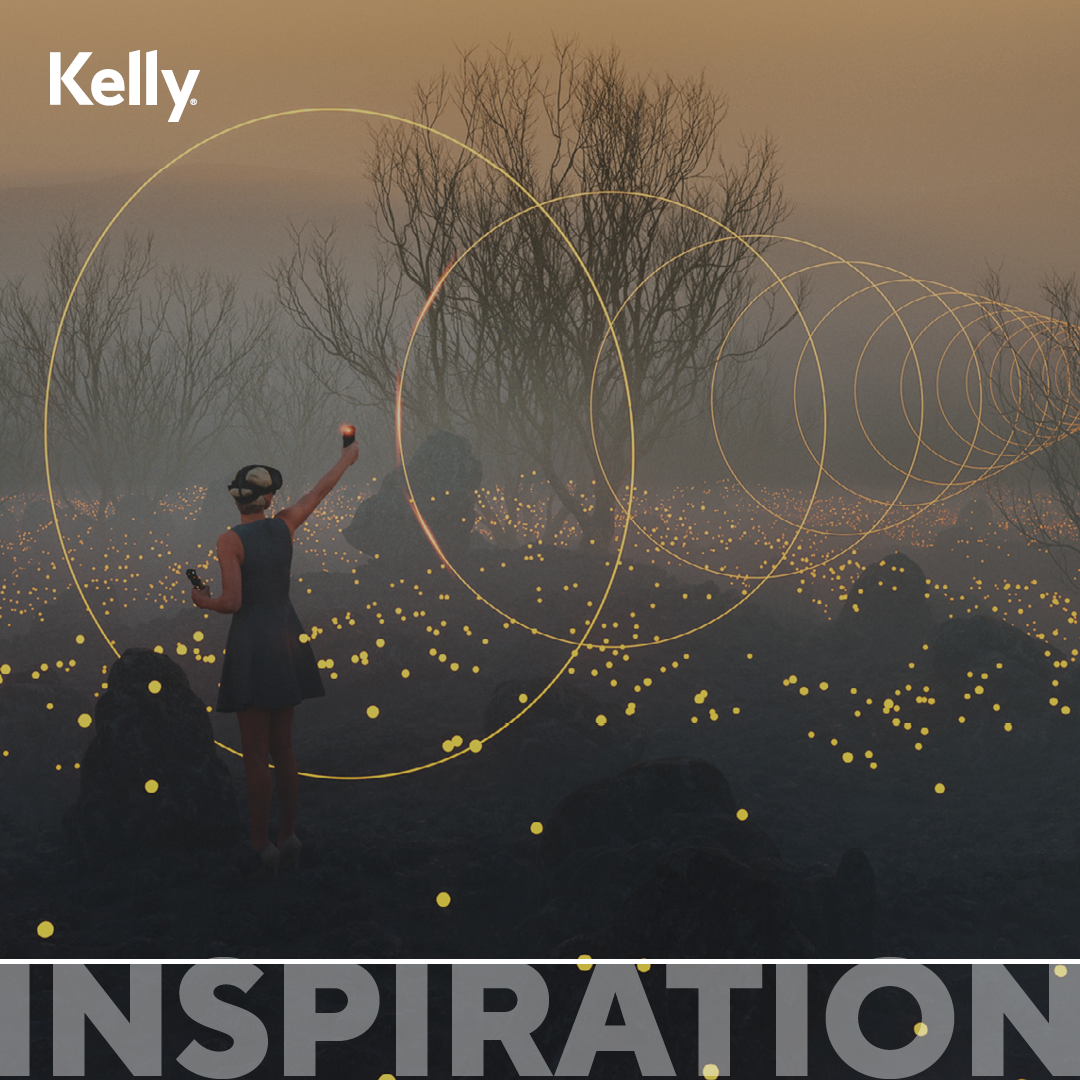
Imagine this: You turn up for your first day at your new job, only to find that your casual attire doesn’t blend in with your colleagues’ expensive suits, your clear backpack is a far cry from everyone’s leather briefcases, and your preferred way of working — listening to your favorite music — is simply “not done.”
This kind of “fish out of water” scenario usually has a happy ending in Hollywood movies — think of the 2001 comedy Legally Blonde starring Reese Witherspoon — but in real life, things can be quite different. And that’s why it’s so important to know what kind of workplace culture is right for you when you’re looking for a new job.
What is workplace culture?
Workplace culture — also referred to as “organizational culture” — encompasses the values, beliefs, and behaviors people share in the workplace. According to Susan M. Heathfield in her article titled “Culture: Your Environment for People at Work” for The Balance, it has an impact on language, symbols, stories, decision making, and daily work practices.
It’s important to consider workplace culture during your job search. Why? Because an environment where you feel welcomed, at ease, and encouraged to do your best is conducive to your overall performance and productivity, as well as your happiness. In contrast, if you feel like an outsider and don’t have the support you need, it can be detrimental to your performance and career — not to mention your mental and physical health.
What type of workplace culture is right for you?
Although every company has its own unique workplace culture, experts state that there are various main types. In their FastCompany article titled “Three Types of Work Culture and How to Hire for Each of Them,” David Rock and Khalil Smith list three distinct types:
- The entrepreneurial culture, where employees are expected to work autonomously, with little to no supervision. People who do well in this kind of environment are independent, resourceful, and focused. They possess the ability to set goals, make plans for achieving them, and execute those plans effectively.
- The collaborative culture, where high value is placed on collaboration. You’ll succeed in this environment if you enjoy teamwork, place the team’s success before your own, and are clear on how you contribute. You’ll also need good communication and interpersonal skills.
- The changing culture, where employees need to be driven, adaptable, and resilient in order to help the company navigate a transitional period. This is a good fit if you’re agile, have a growth mindset, and are able to turn negatives into positives.
If you’re not sure about a company’s workplace culture during the hiring process, simply ask the recruiter or hiring manager for more insights. Then, by combining what you’ve just learned about the different types of culture with your knowledge of your own values and beliefs, you’ll be in a better position to accept a job in an environment where you can thrive.
Sources:
https://www.thebalancecareers.com/culture-your-environment-for-people-at-work-1918809
https://www.fastcompany.com/40543018/three-types-of-work-culture-and-how-to-hire-for-each-of-them







